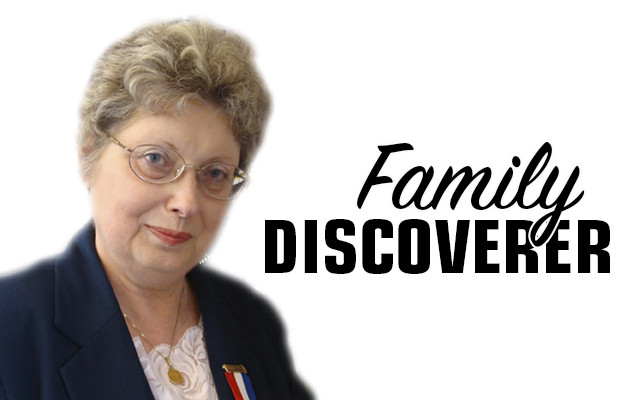
Ethnic heritage
Surnames can offer genealogical clues. Many simply tell you what an ancestor’s occupation was such as farmer, miller or priest. Ordinary people in the early Middle Ages had no surnames and usually were referred to by occupation.
Scandinavian countries used the ending “son†or “sen†to indicate who the father of a man was. Leif Erickson was the son of Erick. Ingrid Ericksdottir was Erick’s daughter. But Erick may have been Johanson.
People also became known by place names. Examples are county, river, regional names such as Kent. Kent often refers to people whose ancestors came from the county in England.
But what else offers a clue as to where your ancestor may have come from? Quite often there are ethnic surnames in our family trees. Let’s look at England, since most of us have at least a drop of English heritage. If you have a surname such as Scot, Welsh, or Irish, it most likely means your ancestor came from the British Isles and moved into England at some point in time. They weren’t English, so the locals called them by where they came from. Over time these immigrants blended into the community and the names stuck with their descendants, who may not have given the surname a second thought. And you’ll find the surname English in other parts of Britain.
Other ethnic names include Dane. If you have an ancestor with the surname Dane, it means you have one of the invaders of Britain in your tree. I also have an ancestor with the surname French. That should be self-explanatory, but isn’t. Tracking that particular family name back seems to indicate the name could apply to someone from France who came with William the Conqueror, but William was Norwegian, not French — a descendant of Viking invaders. He gathered an invading army from all over Europe made up of younger sons with no prospects or mercenaries. They were often referred to as “French,†regardless of their origin.
The surname Dutch also crops up in my English tree and seems to relate to mercenaries employed by an English king who ended up staying and settling down. Dutch would seem to indicate they came from what we now call the Netherlands, but it’s not that simple. Dutch was an English term for Hollanders and various Germans. Our Pennsylvania Dutch aren’t Dutch at all. They are of German descent.
Of course, there is a surname German as well and a Spain and others.
If you have any of these or other ethnic surnames, use them as a clue as to where an early ancestor came from. Your DNA tests may reveal your connection to certain areas of the world. Also, there are examples of these types of ethnic surnames in just about every country.
Someone from “away†almost always was dubbed by their origin. As the practice of surnames became common often the ethnic heritage stuck and became part of the family tree.
Columnist Nancy Battick of Dover-Foxcroft has researched genealogy for over 30 years. She is past president of the Maine Genealogical Society, author of several genealogical articles and co-transcribed the Vital Records of Dover-Foxcroft. Nancy holds an MA in History from UM and lives in DF with her husband, Jack, another avid genealogist. Reader emails are welcome at nbattick@roadrunner.com.